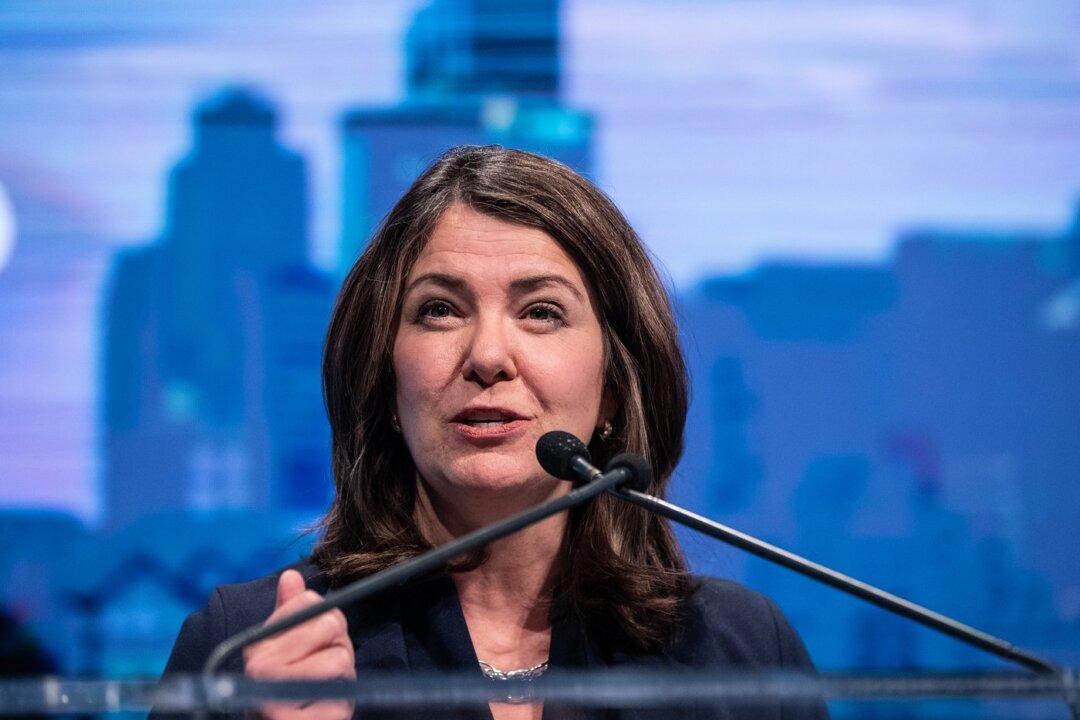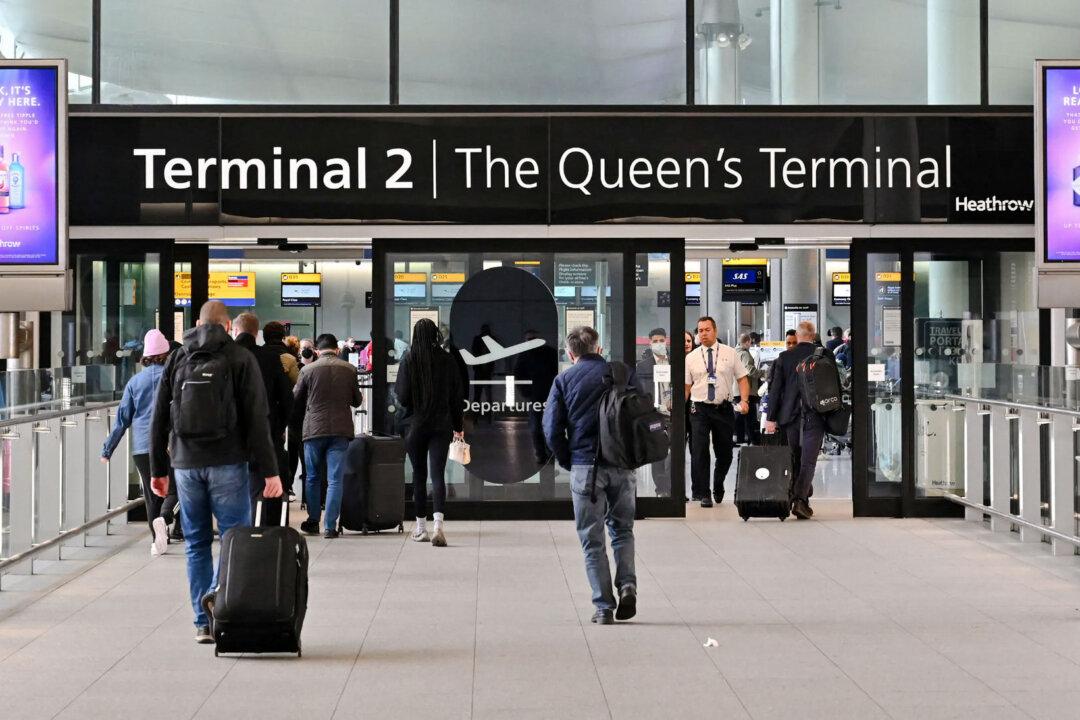The Alberta government says it will continue to battle Ottawa in court over its efforts to implement a nationwide plastics ban.
The Federal Court of Canada ruled on Nov. 16 that the Liberal government’s order classifying manufactured plastic items as “toxic” was “unreasonable and unconstitutional.” Environment Minister Steven Guilbeault, four days later, announced the government would appeal the ruling.





